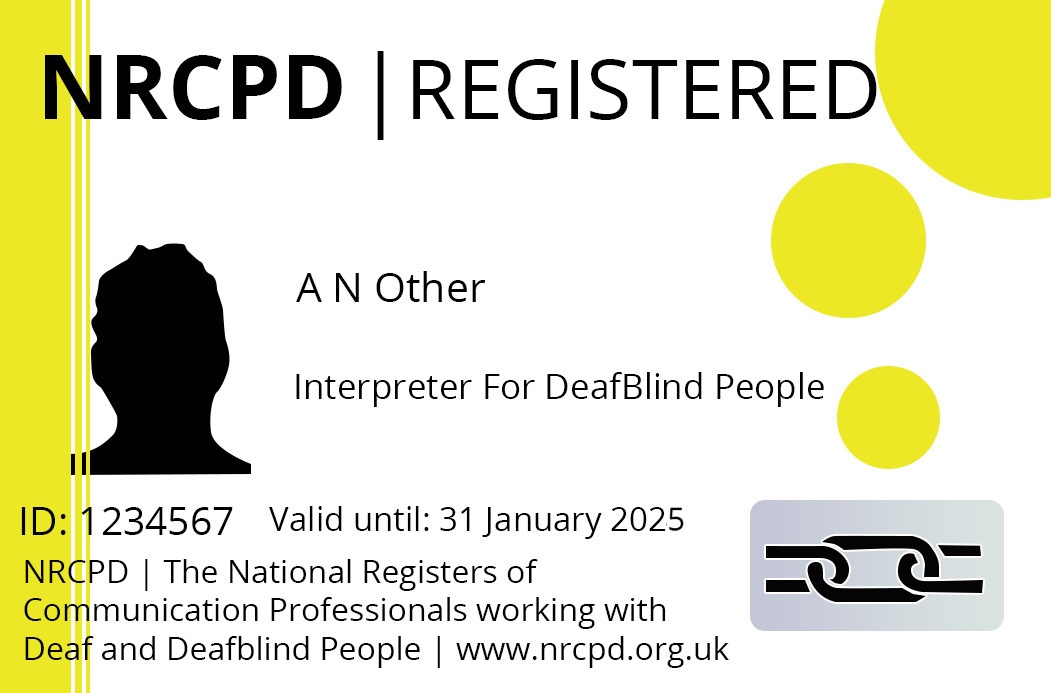Menu
There isn’t one standard way of communicating and deafblind people communicate in various ways. Communication preferences for people who are deafblind may involve the use of a combination of methods that have been adapted depending on:
Some Deafblind people need some assistance from someone else to get around; this is known as guiding. People like to be guided in many different ways; some like a lot of close contact and others won’t. The three most common grips to use when guiding are:
A ‘Deafblind Interpreter’ is a BSL Interpreter who holds additional deafblind qualifications, who acts as a communication link between the deafblind person and other people, using the deafblind person’s preferred method of communication. This can be:
Orientation and mobility is a term that is used when referring to our ability to find our way or navigate our environment and being mobile with the physical ability to move about safely.
A person with little or no vision can negotiate their environment if they are familiar with the layout of the room or building and placement of fittings and furniture within. In an unfamiliar environment a person may need sighted guide support including and understanding of spatial awareness and developing a directional sense,
Orientation and Mobility Instructors can train people in building confidence using their remaining senses and learning techniques and strategies to get themselves around safely with or without a mobility aid.
Lipspeaker UK have trained staff who can help to orientate you to a new place of work or unfamiliar areas at work.
All of our Deafblind Communicators are qualified and registered with The National Registers of Communication Professionals working with Deaf and Deafblind People (NRCDP). They follow a Code of Conduct, have an up to date Disclosure and Barring Service (DBS), hold Professional Indemnity Insurance (PII) and are subject to a complaints procedure.

Guiding a deafblind person
On meeting a deafblind person, a Deafblind Guide will:
Communicating with a deafblind person
On meeting a deafblind person, a Deafblind Communicator will:
